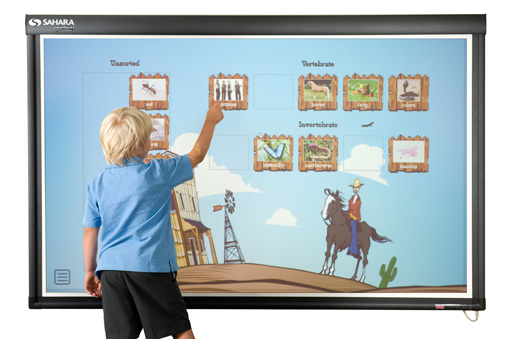
A total of 1,161 applications were received from different schools. Among the selected were 85 per cent private schools and 15 per cent public schools. TJKT team visited schools to learn about the efficacy and use of these innovations in classrooms. The team shortlisted 20 best ideas and compiled them in the form of a book.
As part of the campaign, the teachers came up with an interesting mix of technique and creativity in their classroom-teaching methods. For example, a teacher from Islamabad, Bushra Shiraz, focused on the issue of improving children's vocabulary. She talked about the 'caterpillar method' - whenever children came across difficult words in their lesson, they paste the words on a chart paper with the aid of scissors, markers, adhesive tape and stapler. The teacher then assembles the caterpillar, made by the students on the board and helps them learn the word until the entire lesson is covered.

Similarly, Muhammad Arshad, a government teacher from Khushaab, found study groups of children to be an effective way of dealing with a high student-to-teacher ratio. He creates the groups after careful selection, involving students with different capabilities, who facilitate each other. At the end of every lesson, if none of the group members can solve a problem, Arshad attends to them in class. In this way, his burden is divided and he gets more time to focus on the students who need him the most.
Read: Book launch: Intolerance termed main cause of terrorism
"Our system is more inclined towards education and less on grooming," said Arshad, while giving a presentation at the launch of the book. "The strength of children in classrooms can be 137, making it difficult for a single teacher to handle them all at one time."
Talking about the need of innovation in teaching methods, Idara-e-Taleem-o-Agahi director and TJKT steering committee member said that the government needs to own the education sector and end the practice of taking up simply initiatives only to leave them in midway. "The challenges are huge," she said. "Half of the 0.3 million [children enrolled in] class five cannot understand textbooks of class 2," she said, sharing her experience of visiting government schools.
She further stressed the need of establishing schools and making the school years a happy journey for children. "Innovations only stick when children and teachers are happy and when there is an enabling environment in schools," she said.
Published in The Express Tribune, August 19th, 2015.

















COMMENTS
Comments are moderated and generally will be posted if they are on-topic and not abusive.
For more information, please see our Comments FAQ